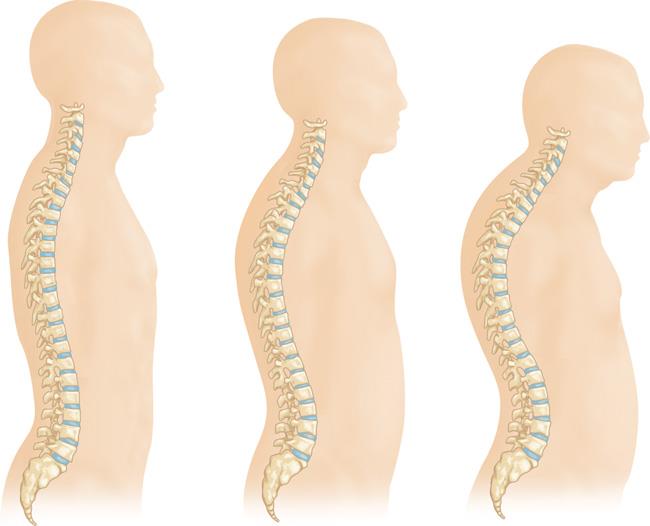Most claim that drinking milk, which is rich in calcium, translates into having healthy bones. Those that are for milk also claim that enhanced calcium intake can help prevent osteoporosis: the weakening of the bones.
Especially in the form of the currently recommended three glasses of milk a day. Our bones’ health and strength depend on a healthy diet and a steady supply of nutrients, most notably calcium.
Here is a summary of what is presently understood about calcium and how it relates to bones. Read on to learn more.

Calcium and Bones
The mineral calcium helps your muscles, nerves, and cells to function normally. To make healthy bones, your body also requires calcium (and also phosphorus). The primary storage place of calcium in the body is the bones.
Your body is unable to produce calcium. From the food you consume or from supplements, the body only gets the calcium it needs. Your bones can become weak or not fully develop if you do not get enough calcium in your diet, or if your body does not absorb enough calcium.
Bones are continually being remodeled with the reabsorption of old bones and the formation of new bones. It takes about 10 years to renew all of the bones in your body.
Bone density refers to how much calcium and other minerals are found in a portion of your bone. Between the ages of 25 and 35, bone density is at its highest. When you get older, it goes down. This can result in fragile, weak bones that, even without a fall or other injury, can break easily.
Calcium and Osteoporosis
The weakening of bones caused by an imbalance between bone building and bone destruction is osteoporosis, or “porous bones”. Usually, individuals lose bone as they age, despite consuming the prescribed calcium intake required to maintain optimum bone health.
Approximately, 10 million Americans have osteoporosis — 8 million women and 2 million men. 34 million others have low bone mass, putting them at greater risk of osteoporosis.
A significant foundation for the future is obtaining sufficient calcium intake and optimizing bone stores during the period when bone is steadily deposited (up to age 30). But, later in life, it will not prevent bone loss.
The loss of bone with aging is caused by a variety of factors, such as genetic factors, physical inactivity, and decreased levels of circulating hormones. Osteoporosis is preventable for most people, and the first place to start is to get enough calcium into your diet.
Food Is the Best Source of Calcium

Doctors advise that you get as much of your recommended daily needs from food as possible and use only low-dose supplements to make up for any deficiencies. Your body can absorb calcium from food better than it can from supplements.
In fact, research shows that while people who take calcium supplements have a higher average intake, there are stronger bones in those who get their calcium from food. In addition, your risk of kidney stones and heart diseases can increase with high-dose calcium supplements.
Final Words
In your diet, very high levels of calcium can contribute to health issues including constipation, kidney stones, and damage to the kidney. Be sure to check with your doctor whether calcium supplements are a good option for you if you are concerned about bone health.
The mineral will not stop bone loss entirely, but it will help make sure your body has the resources it requires to build bones. Remaining fit and active will protect and keep bones healthier as well.






























